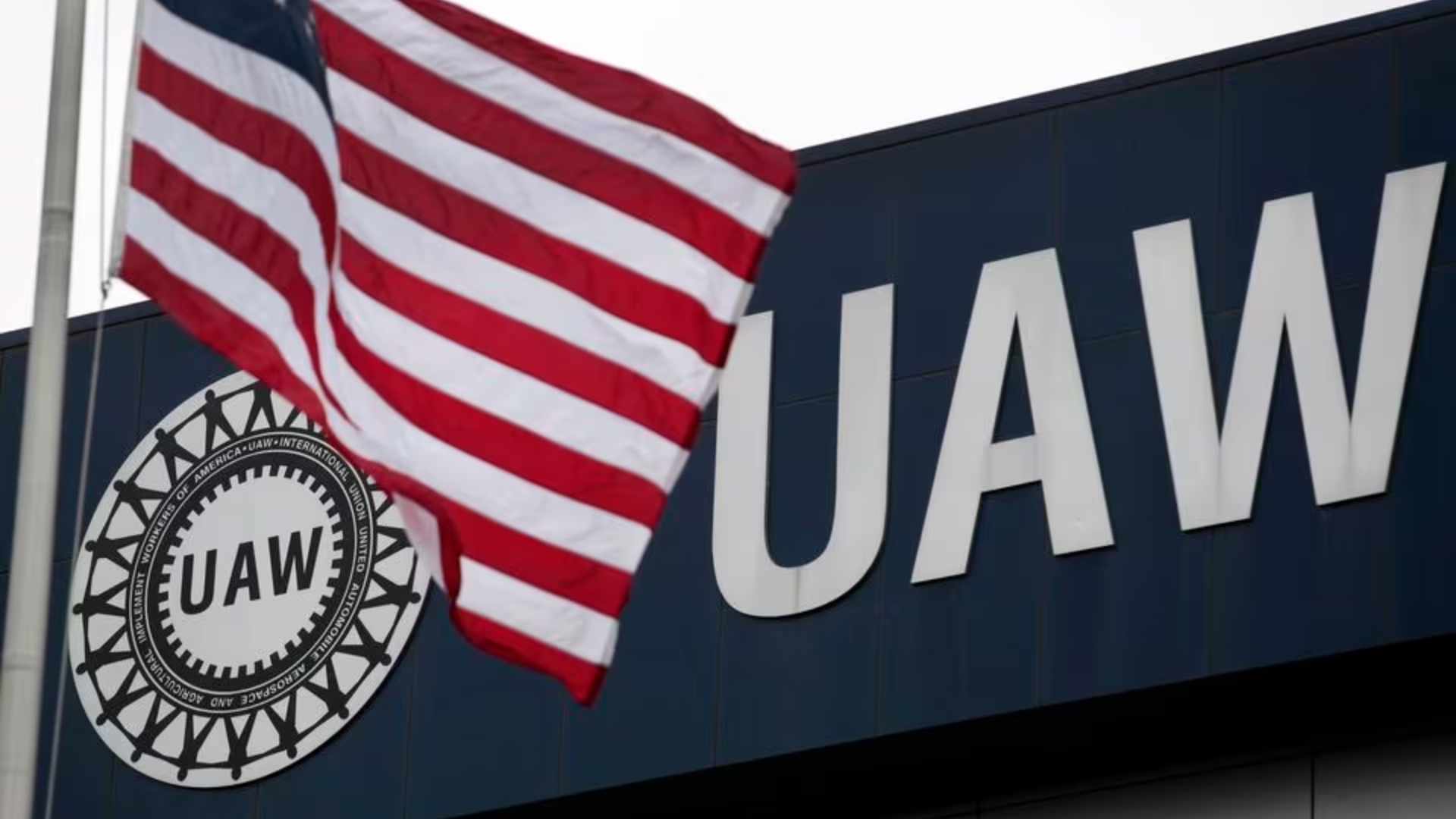WASHINGTON, (Reuters) – The United Auto Workers (UAW) said on Wednesday it would commit $40 million to organizing non-union automobile and EV battery workers in the United States over the next two years.
The UAW said in November it was launching a first-of-its-kind push to publicly organize the entire non-union auto sector in the U.S. after strikes helped workers win record new contracts with the Detroit Three automakers.
The UAW represents about 146,000 workers at the Detroit Three and about 800 at a joint-venture battery plant in Ohio. There are more than a dozen additional U.S. battery plants in the works by Toyota, BMW, Mercedes-Benz, Honda and others.
The UAW said the jobs “will supplement, and in some cases largely replace, existing powertrain jobs in the auto industry. Through a massive new organizing effort, workers will fight to maintain and raise the standard in the emerging battery industry.”
In April, the UAW said membership rose 3% in 2022 to 383,000, which is down substantially from its high of 1.5 million in 1979.
The union has made organizing the workers at joint-venture battery plants with the Detroit Three automakers, which are all building JV battery plants, a top priority. In December 2022, workers at the General Motors and LG Energy joint-venture Ultium battery cell manufacturing factory in northeastern Ohio overwhelmingly voted to join the UAW.
The focus on battery workers comes as automakers are spending billions of dollars to shift a growing share of their production from internal combustion models to electric vehicles.
UAW President Shawn Fain had made higher wages and union recognition for future battery plant workers a top priority in talks with GM, Ford and Chrysler parent Stellantis.
The UAW said in November that during contract talks it “won commitments at all three automakers that will bring thousands of electric vehicle (EV) and battery jobs under the union’s national agreements.”
In August, Ultium in Ohio agreed to hike the wages of workers at its Ohio plant by an average of 25% after some U.S. senators criticized the facility for paying workers as little as $16 an hour.
The UAW announced campaigns at 13 non-union automakers, including Tesla (TSLA.O), opens new tab, Toyota, Hyundai, Rivian, Nissan, BMW <and Mercedes-Benz>. The union says more than 10,000 workers have signed cards to join.
In the next few years, the electric-vehicle (EV) battery industry is slated to add tens of thousands of jobs across the country, the UAW said in a statement.
“Through a massive new organizing effort, workers will fight to maintain and raise the standard in the emerging battery industry,” the union said.
Reporting by Kannaki Deka in Bengaluru and David Shepardson in Washington; Editing by Pooja Desai and Matthew Lewis











